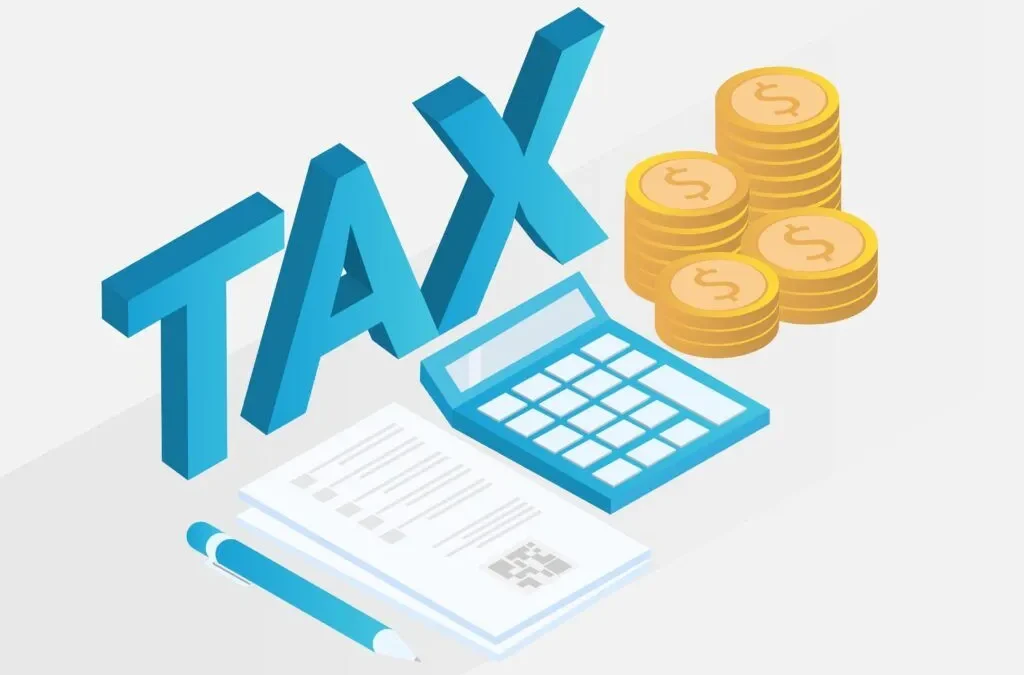Taxes are an inevitable aspect of running a business, but with strategic planning and informed decisions, small business owners can optimize their tax liability and retain more of their hard-earned profits. As experienced accountants, we understand the complexities of the tax landscape and are here to share valuable tax tips and strategies tailored specifically for small business owners. In this blog post, we will delve into expert insights, providing actionable advice to help you navigate the world of taxes more efficiently and effectively.
- Keep Impeccable Records
Maintaining thorough and organized financial records is the foundation of effective tax management. Accurate records of income, expenses, receipts, and invoices not only ensure compliance but also make the tax filing process smoother. Invest in reliable accounting software and consider professional assistance to set up a robust record-keeping system.
- Understand Deductions and Credits
Familiarize yourself with the tax deductions and credits available to small businesses. Common deductions include business expenses, home office deductions, and mileage. Additionally, explore tax credits for research and development, hiring employees, or energy-efficient equipment. Stay updated on changes in tax laws to leverage new deductions and credits.
- Choose the Right Business Structure
The business structure you choose (sole proprietorship, partnership, corporation, or LLC) affects your tax liability. Each structure has different tax implications, so consult with an accountant to determine the most tax-efficient option for your business. It’s possible to change your structure as your business grows and evolves, so reassess periodically.
- Plan for Estimated Taxes
Small business owners are typically required to pay estimated taxes quarterly. Properly estimating your tax liability and paying timely installments can prevent penalties and interest. Accountants can help you calculate these estimates accurately, taking into account your expected income and deductions.
- Leverage Retirement Plans
Contributing to retirement plans not only secures your future but also offers tax advantages. Small business owners can explore options like Simplified Employee Pension (SEP) IRAs, Solo 401(k) plans, or SIMPLE IRAs. Contributions to these plans are tax-deductible, reducing your taxable income and lowering your overall tax bill.
- Strategic Timing of Expenses
Strategically timing your expenses can optimize your tax situation. Consider accelerating deductible expenses into the current year or deferring income to the following year, depending on your business’s financial position. This approach, known as income and expense deferral, can help manage your taxable income.
- Seek Professional Guidance
While it’s tempting to handle taxes independently, the expertise of a qualified accountant can make a significant difference. Accountants stay updated on tax laws and regulations, ensuring you take advantage of all available opportunities while avoiding costly mistakes. Their insights can provide personalized strategies tailored to your business.
Navigating the intricate world of taxes is essential for the financial health of your small business. By implementing these tax tips and strategies, you can minimize your tax liability, maximize your deductions, and focus on growing your business. Remember, proactive tax planning and the guidance of a trusted accountant can make tax season less daunting and more rewarding for your small business. Don’t hesitate to reach out to us for personalized assistance, ensuring you make the most of every tax-saving opportunity available to you.


